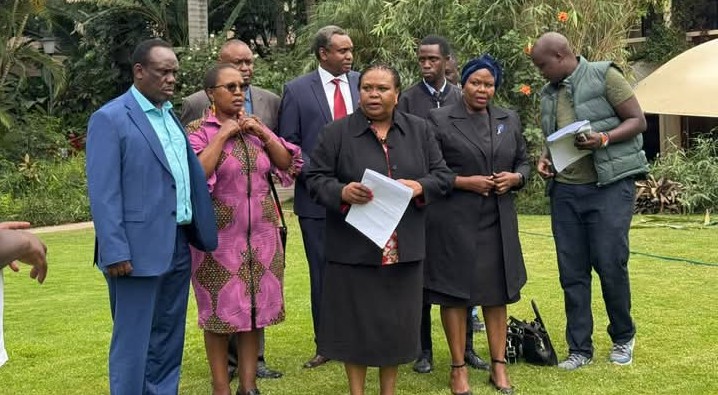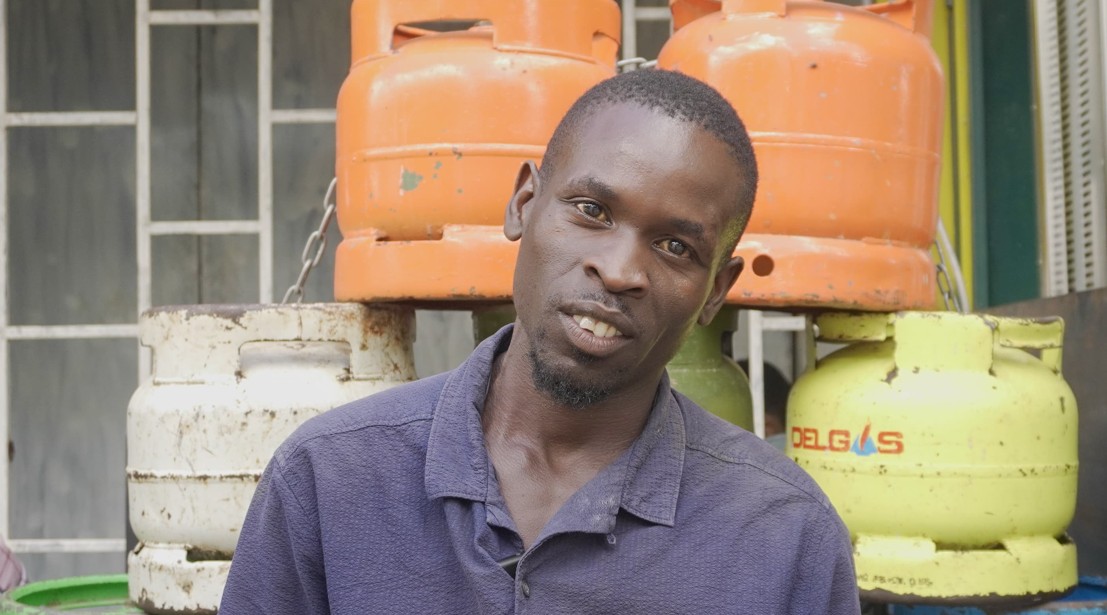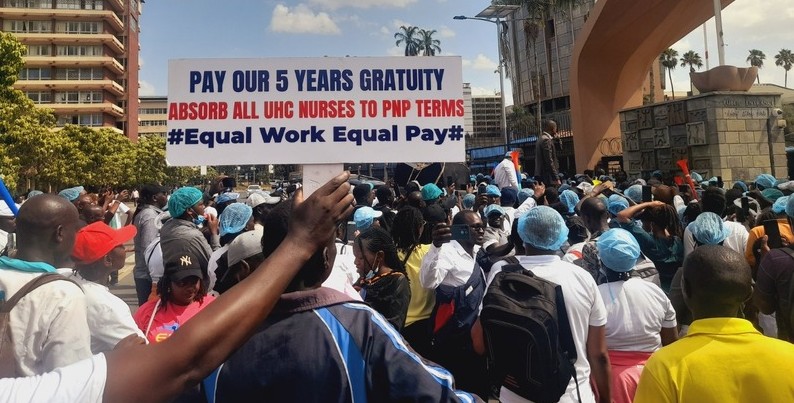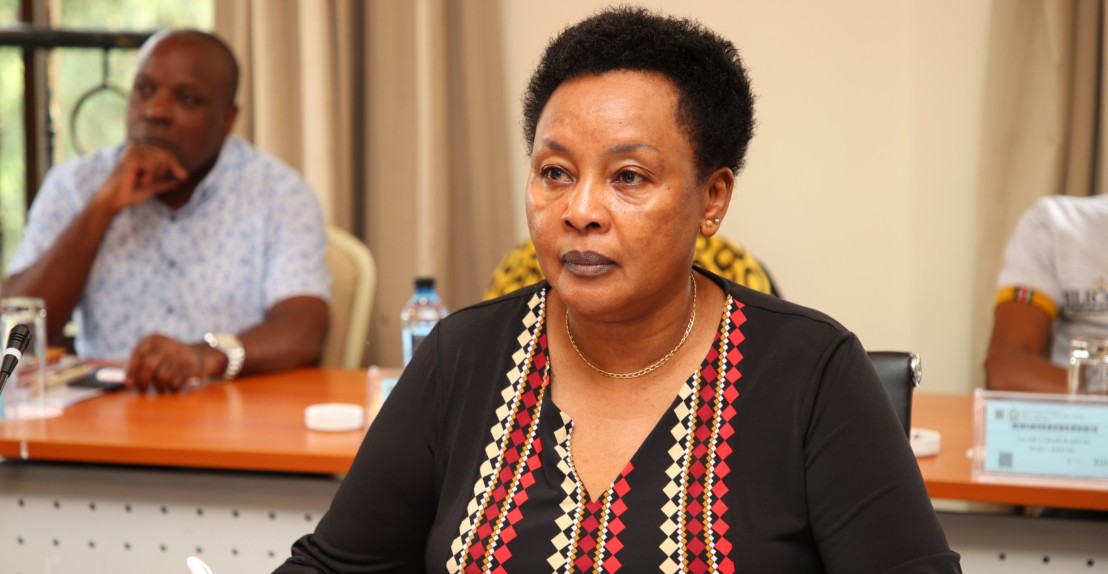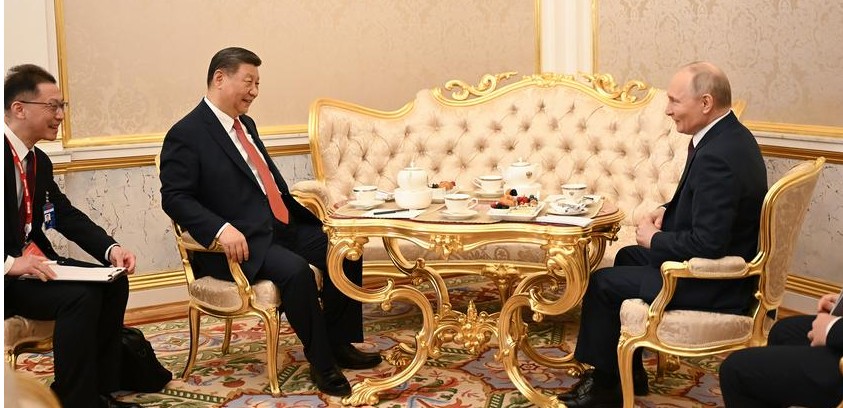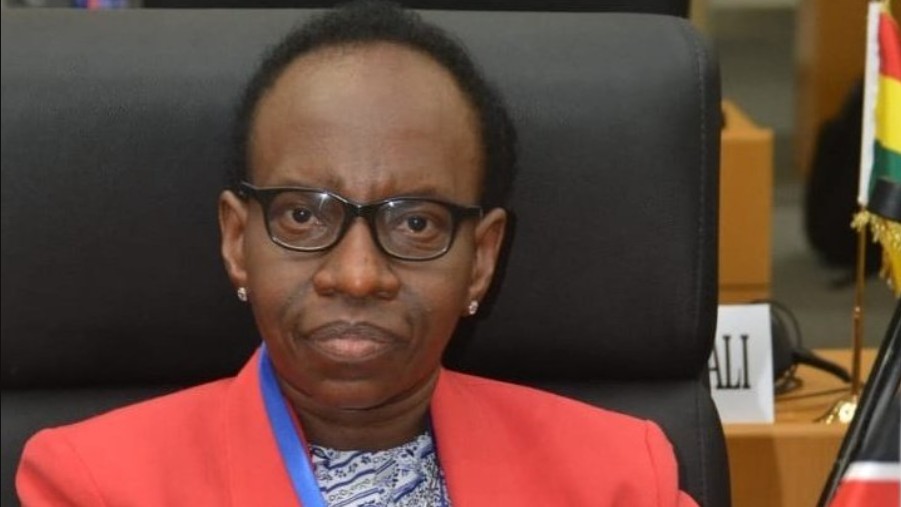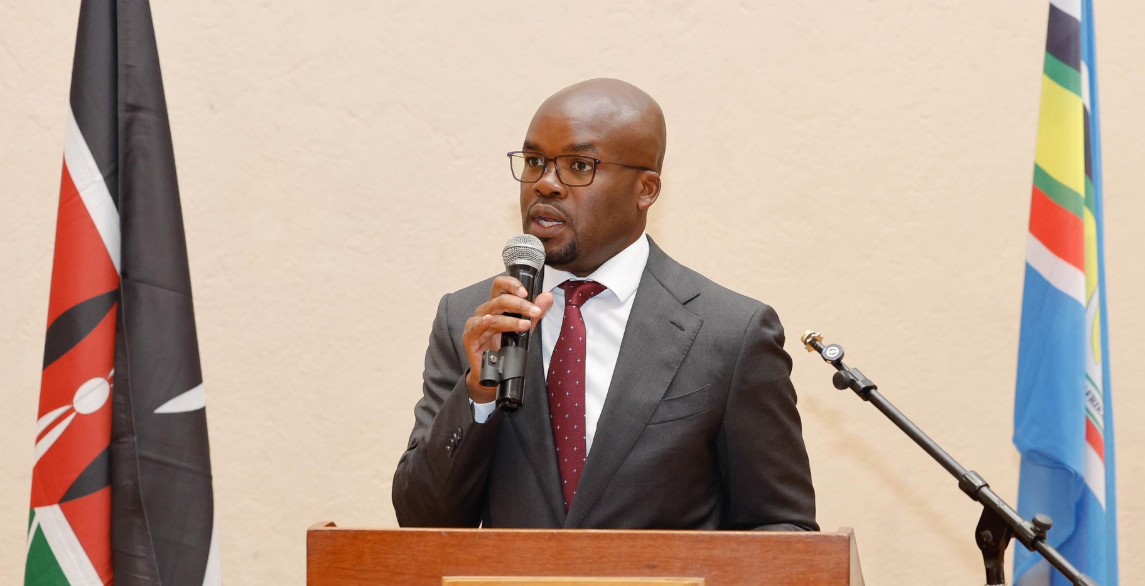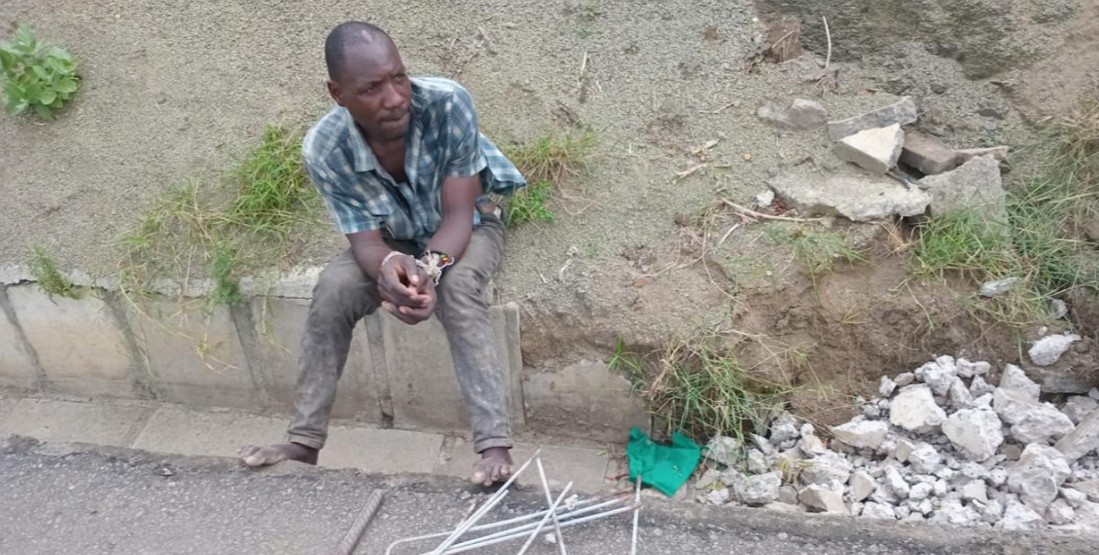Ruto pledges Sh150 billion pending bills payout to struggling suppliers by end of year
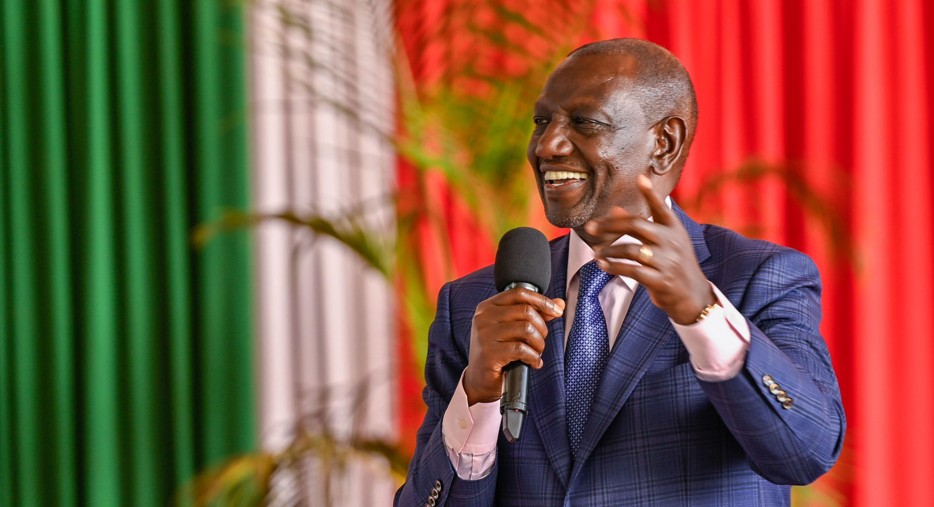
The President acknowledged the negative impact these unpaid debts have had on businesses, especially smaller enterprises.
President William Ruto has assured suppliers owed hundreds of billions of shillings by the government that they will receive their payments before the end of the year.
Speaking at State House in Nairobi on Friday, Ruto revealed that the Pending Bills Verification Committee had verified Sh230 billion in outstanding debts.
More To Read
- Contractors await Treasury’s verdict as review on Sh518.7bn pending bills nears completion
- Court to rule on halt of prisons recruitment, suspension of national budget-making process
- Counties get Sh15.1bn relief from Treasury amid mounting arrears, service disruptions
- Auditor General flags 15 counties over Sh13.26 billion in suspicious cancelled payments
- Court petition seeks to block budget over Sh600 billion owed to suppliers
- Lobby moves to court to stop 2025/26 budget over Sh698 million pending bills
Of this amount, the government has committed to clearing Sh150 billion, with 90 per cent of the funds to be directed to micro, small, and medium enterprises (MSMEs).
This announcement comes at a time when the issue of pending bills has been severely affecting businesses across the country.
The President acknowledged the negative impact these unpaid debts have had on businesses, especially smaller enterprises.
He emphasised that the government’s efforts to resolve the issue would bring much-needed relief to businesses.
“The government is committed to paying off Sh150 billion of the Sh230 billion in verified pending bills. We understand the importance of clearing these debts to ensure businesses can thrive, especially our micro, small, and medium enterprises,” President Ruto said.
Digitise procurement
To prevent future accumulation of similar debts, Ruto announced that the government has moved procurement processes to a digital platform starting April 1, 2025.
This transition, he explained, would ensure better oversight and prevent situations where entities procure goods and services without the necessary budgets.
“Going forward, bidding and awarding government tenders will be done online,” Ruto said, reinforcing the government’s commitment to transparency and efficiency in public procurement.
During his speech, the President also highlighted the importance of collaboration between the public and private sectors to accelerate the country's development. He called on private sector players, especially those in local enterprises, to work closely with the government to enhance profitability and contribute to national progress.
“This partnership will enhance enterprise profitability and the country’s overall development,” Ruto said.
In a bid to further support the growth of local businesses, the President encouraged members of the Kenya National Chamber of Commerce and Industry to promote savings as an alternative to expensive loans for investments. He noted that this would help small businesses access capital more easily, fostering growth without the burden of high-interest loans.
“I want to encourage the private sector to facilitate savings to use it as an alternative when investing,” he said.
Borrowing for development
The President said the Sh300 billion invested in affordable housing, fresh produce markets, and institutional housing projects had not been financed through borrowing. He reaffirmed that his administration was committed to avoiding the burden of loans on citizens for development projects. Instead, the government was exploring alternative funding mechanisms for these initiatives.
“It’s encouraging that all the companies working in the Affordable Housing Project are Kenyan-owned companies,” Ruto said, emphasising his administration’s support for local businesses.
On the issue of sugar mills, President Ruto called for collaboration with the private sector to manage the country’s sugar industry. He revealed that the government was finalising the leasing process for its sugar mills, reiterating that the government had no business running these mills.
“The government has no business running the sugar mills. They can be efficiently managed by the private sector,” he remarked.
Erick Rutto, the President of the Kenya National Chamber of Commerce and Industry, praised the government’s initiative to introduce a zero-rated value-added tax (VAT) on tea packaging materials. He said this move would make Kenyan tea packers more competitive in the global market, encouraging increased production for export.
“I want to thank the government for introducing zero-rated Value Added Tax on tea packaging materials. This will encourage farmers to produce more for export,” Rutto said.
Trade, Investment, and Industry Cabinet Secretary Lee Kinyanjui stated that his ministry was working closely with the National Chamber of Commerce and Industry to attract investors to Kenya. He emphasised the role of both the public and private sectors in driving the country’s economic growth.
Top Stories Today

